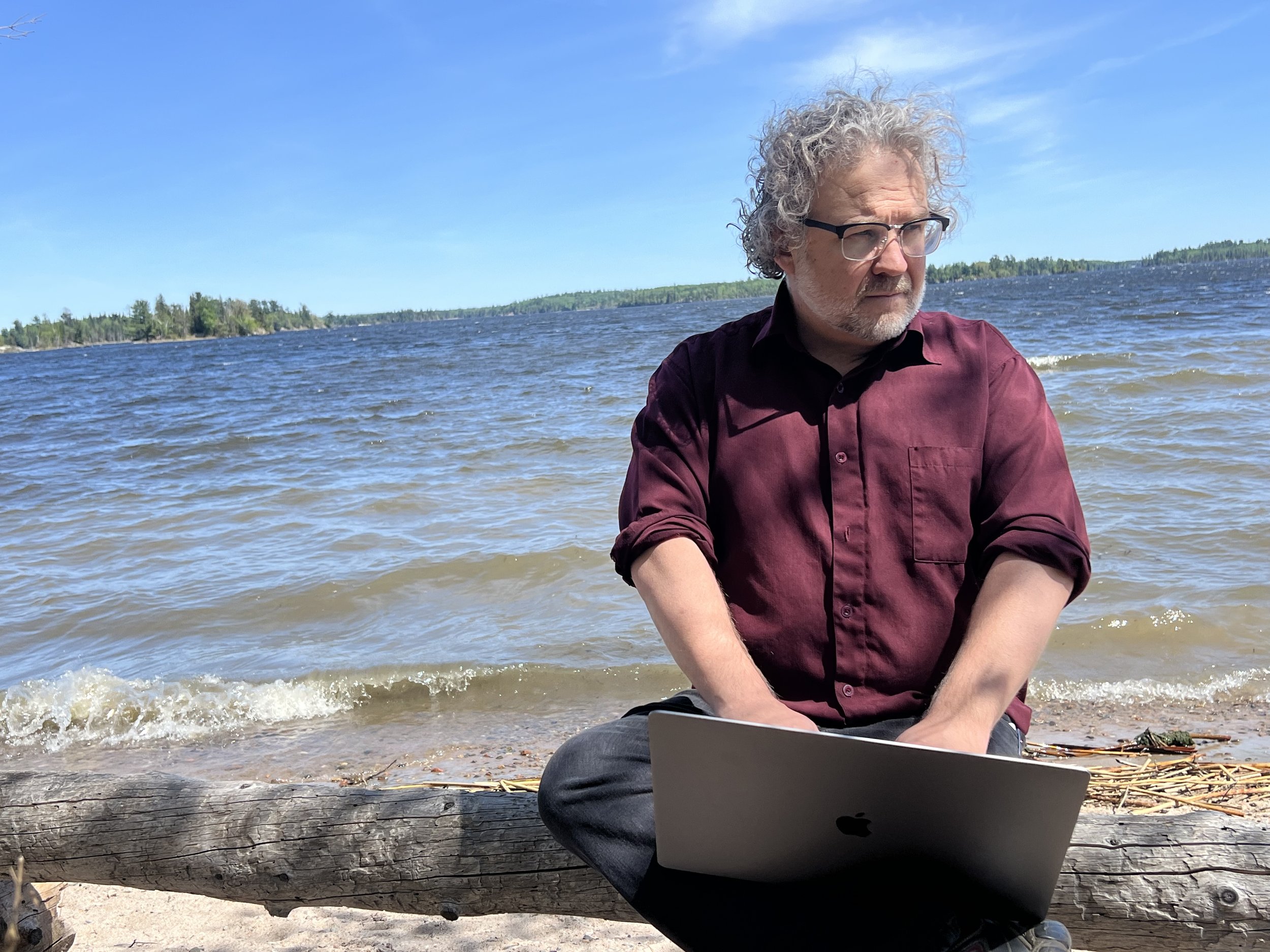An Early Bird’s Guide to Being Fashionably Late
Editorial by Jon Thompson
The late king of Canadian comedy, Mike MacDonald, had this standup bit where he’s out past curfew and another kid at the party convinces him, “You’re either late or not late; you can’t be more late.”
Three o’clock in the morning, he realizes he is more late.
It's a curtain call for the democracy Canadians built after the world wars. Politics is evolving from an arena where powerbrokers create consensus from disparate viewpoints into a zero-sum game where stakeholders choose loyalties, the victor divides the spoils, and the losers are annihilated. Our partisan choices are either a technocratic centre-right that thinks it knows better or a rules-weary right wing that feigns no moral pretense.
But while the unaligned public has retreated into hibernation, we’re still paying attention. The 2025 Canadian Trust Index found 60% of us “view political parties as divisive forces,” so at least we’ve grown conscious that this mostly online social conditioning is being done to us, and you’re not crazy for thinking it stinks how many of your friends now act like sports fans about politics.
There will be less to cheer about as the sun sets on a century of increasing living standards, but if we wedge our foot in the door, we can decide which difficult cuts will hurt the least. There are nice-to-haves, but we’re also seeing how shallowly our great-grandparents buried the demons of societal disorder. If we’re engaging locally to manage decline, we’re pushing fashionable lateness now. It’s going to get more late.
Start with the ways we’re allowed to contribute. Thunder Bay committed to a plebiscite that would reduce the size of city council in 2021. The reasoning was so weakly fabricated as to be disrespectful; there’s no fiscal relationship between wishing for a smaller government and having fewer councillors. No one even tried to name a single issue or motion that was ever held back over the size of council.
But considering we last assessed ward boundaries in 1978, it was worth looking under the hood. Thunder Bay has a unique balance where the at-large councillors focus on the bigger picture, but they can’t overrule the boroughs. Even including the sprawling Neebing, however, our wards have since evolved to hold nearly identical suburban interests. There’s only one exception and it’s McKellar, an ungovernable mosh pit of everything else: the poorest residential neighbourhoods, small business and services in both downtown cores, Intercity big-box commerce, the waterfront, and industrial concerns.
The effort to change ward borders was a bust. The committee attempted to divide McKellar into four pie slices headed westward, but council thankfully defeated their transparently corruptible vision to elect two councillors that would govern each slice. Even toddlers beat the ask-Mom-then-ask-Dad system every day. It would have so predictably produced liberal and conservative representatives in every ward that we would forever be at the whim of those we’re conscious and skeptical are “divisive forces” serving their own interests.
I’m not sure that mattered because in June, council voted to permanently dissolve the Committee of the Whole. The system where all 12 councillors and the mayor debated all issues is being replaced by specialized committees. That appeals to both the social scientist and the bulldozer, but it’s ill-fitted to a democracy where municipal services and infrastructure are in irreversible decline. Difficult decisions will become the norm. The notion that any councillor would trust another’s expertise to the point where they’re holding each other’s bags is not only naïve, it’s failing now.
Through the above debates, as well as library reform, the soccerplex, and the humiliating saga of warehousing the unhoused, we’ve watched our professional administration and expert committees routinely overruled by councillors shooting from the hip, passing ideas they make up on the spot, without regard for the ice under their feet.
If it isn’t that, it will be worse—a rubber stamp, breeding suspicion of backroom tricks. It could tier power around the table, making it more susceptible to partisan influence, and shut down debate screaming “listen to experts” while opposition attempts to jam wrenches in the gears.
It's serious, but take solace in how we also have an actual democratic problem. Treasurer Keri Greaves submitted that the 79 residents who contributed feedback and comments to the 2025 city budget were “not considered statistically significant.” Some years, budget deliberations see only Sharon and Kevin Sidlar, whose tireless grinding for the Conservatory has produced millions of dollars for a project once in the crosshairs of austerity. And that was simply because regular people got involved.
Administration can’t get us out of this because the state is like a tent. It can host democratic institutions but it can’t run them. If you want to keep democracy out of the hands of “divisive forces,” just don’t stay out too much longer. It’s getting late.

